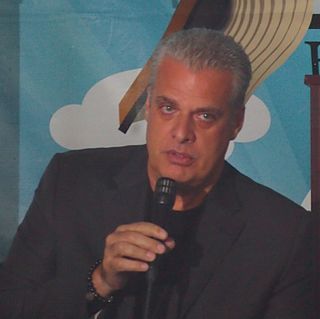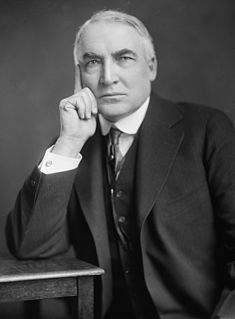A Quote by Bill Cosby
If you have a question about anything, the answer can be found in a book somewhere in the library.
Related Quotes
If you ask a living teacher a question, he will probably answer you. If you are puzzled by what he says, you can save yourself the trouble of thinking by asking him what he means. If, however, you ask a book a question, you must answer it yourself. In this respect a book is like nature or the world. When you question it, it answers you only to the extent that you do the work of thinking an analysis yourself.
I heard somewhere that whenever you write a book, people will ask you One Question about it over and over. And while I'm no expert in these matters, this is proving to be true. My first book dealt with a not-that-pleasant degenerate type, and the One Question was, 'Is this an autobiographical story?'
I never buy anything unless I can fill out on a piece of paper my reasons. I may be wrong, but I would know the answer to that ...I'm paying $32 billion today for the Coca Cola Company because... If you can't answer that question, you shouldn't buy it. If you can answer that question, and you do it a few times, you'll make a lot of money.
I loved doing problems in school. I'd take them home and make up new ones of my own. But the best problem I ever found, I found in my local public library. I was just browsing through the section of math books and I found this one book, which was all about one particular problem - Fermat's Last Theorem.
To be a scientist you have to be willing to live with uncertainty for a long time. Research scientists begin with a question and they take a decade or two to find an answer. Then the answer they get may not even answer the question they thought it would. You have to have a supple enough mind to be open to the possibility that the answer sometimes precedes the question itself.
We can each sit and wait to die, from the very day of our births. Those of us who do not do so, choose to ask - and to answer - the two questions that define every conscious creature: What do I want? and What will I do to get it? Which are, finally, only one question: What is my will? Caine teaches us that the answer is always found within our own experience; our lives provide the structure of the question, and a properly phrased question contains its own answer.
We are posing two very clear questions. The first is: Did the Holocaust actually take place? You answer this question in the affirmative. So, the second question is: Whose fault was it? The answer to that has to be found in Europe and not in Palestine. It is perfectly clear: If the Holocaust took place in Europe, one also has to find the answer to it in Europe.
I remember as a young child, during one of my frequent trips to the local library, spending hours looking at book after book trying in vain to find one that had my name on it. Because there were so many books in the library, with so many different names on them, I’d assumed that one of them — somewhere — had to be mine. I didn’t understand at the time that a person’s name appears on a book because he or she wrote it. Now that I’m twenty-six I know better. If I were ever going to find my book one day, I was going to have to write it.


































